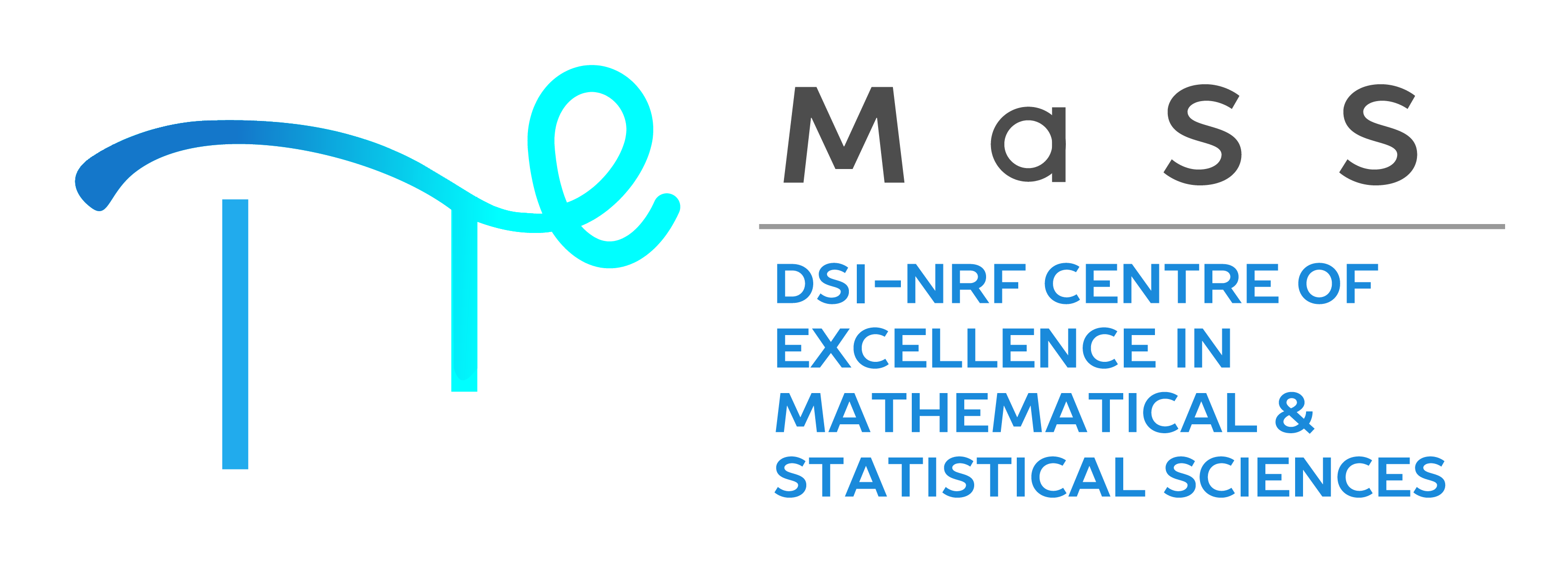Optimal noetherian forms
Zurab Janelidze, Department of
Mathematical Sciences, Stellenbosch Universityand
& National Institute for Theoretical and Computational
Sciences
SAMS Subject Classification Number: 04
Noetherian forms provide a symmetric (or ‘self-dual’) theory for establishing homomorphism theorems for (non-abelian) group-like structures. Even though existence of such structure was conjectured more than 70 years ago by one of the co-founders of category theory, Saunders Mac Lane (see [3]), their discovery is recent (see [1,2,4] and the references there). It turns out, however, that even those realms of mathematical structures which appear to be far from being ‘group-like’ can be given a noetherian form, and moreover, there may be many (in fact, infinitely many) noetherian forms in each case. In this talk we introduce a notion of an ‘optimal’ noetherian form: it is a noetherian form which can be isomorphically embedded in any other noetherian form (over the same context of mathematical structures, or more generally, over the same category) that, roughly speaking, describes the same homomorphism theorems as the first one. The question is, when does an optimal noetherian form exist, and if it exists, how does it look like? There is much mystery surrounding this question. We can only give a (positive) answer in various special scenarios. In particular, in a recent joint work in progress with Francois van Niekerk (on which the present talk is based), we showed that every topos has an optimal noetherian form. The background theory that led to this result has another interesting application: the unit interval gives rise to an increasing chain of optimal noetherian forms, which is unbounded on both sides. We will discuss these results and conclude with some open questions pertaining to optimal noetherian forms.
References
[1] K. K. Dayaram, Diagram lemmas of homological algebra for non-abelian group-like structures, MSc Thesis, University of Johannesburg, 2021.
[2] A. Goswami and Z. Janelidze, Duality in Non-Abelian Algebra IV. Duality for groups a universal isomorphism theorem, Advances in Mathematics 349 (2019), 781–812.
[3] S. Mac Lane, Duality for groups, Bull. Am. Math. Soc. 56 (1950), 485–516.
[4] F. K. van Niekerk, Biproducts and commutators for noetherian forms, Theory and Applications of Categories 34 (2019), 961–992.


